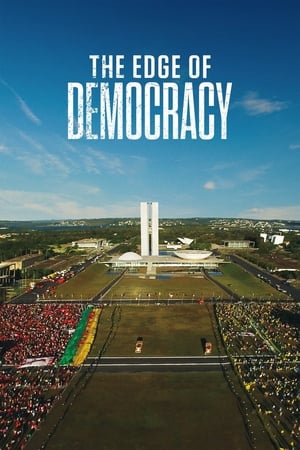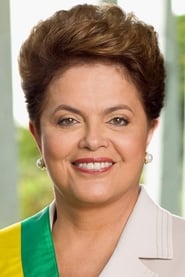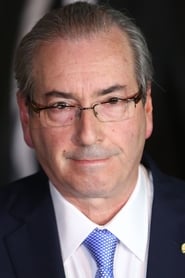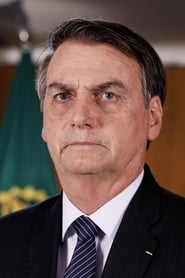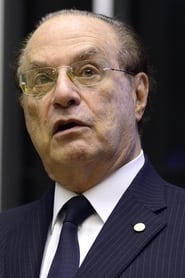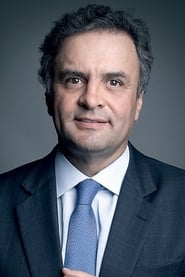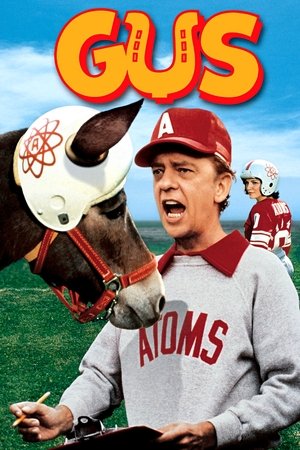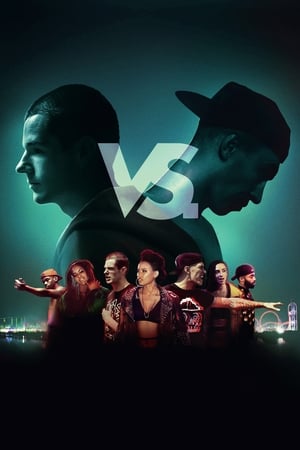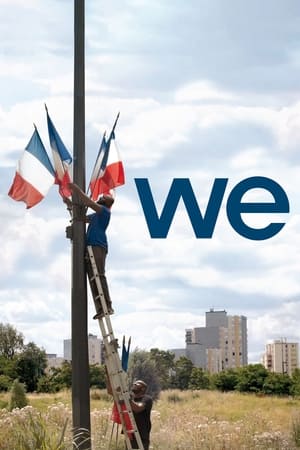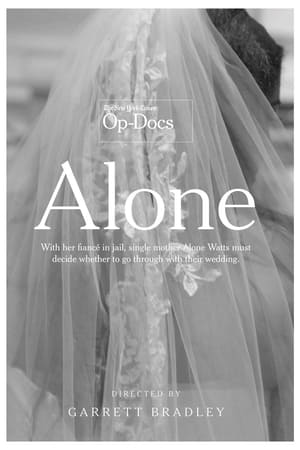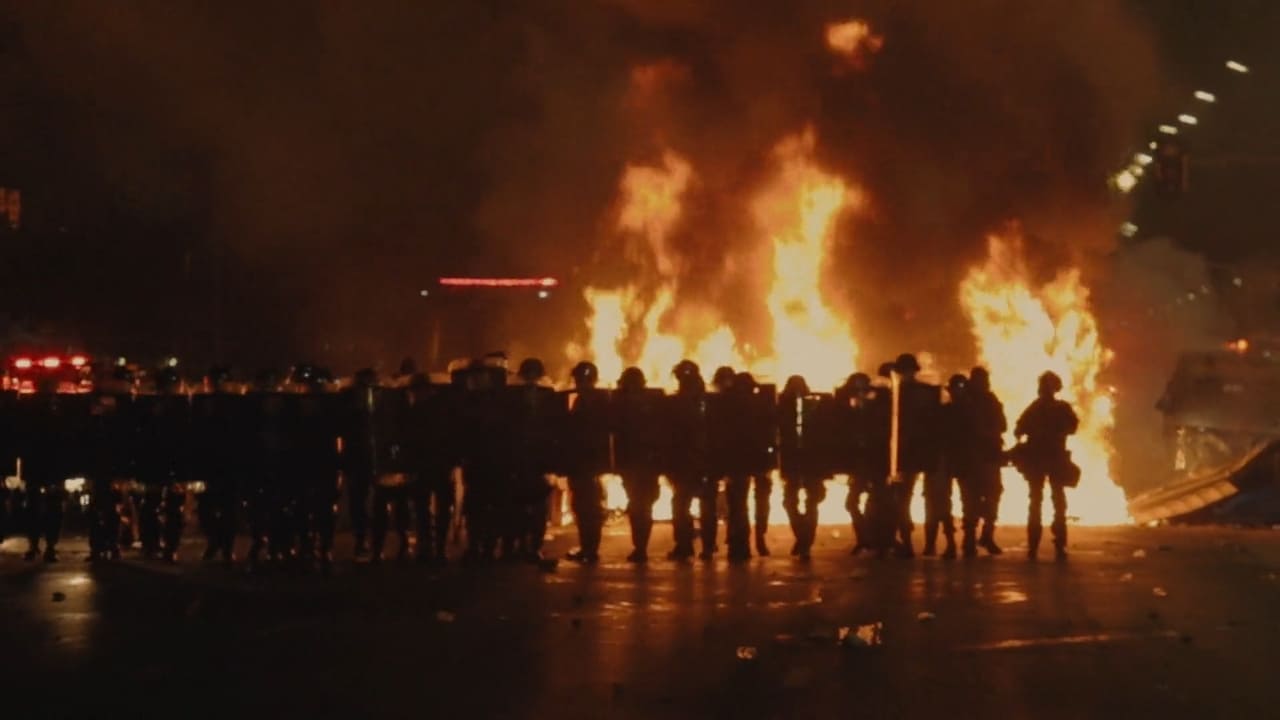
The Edge of Democracy(2019)
A cautionary tale for these times of democracy in crisis—the personal and political fuse to explore one of the most dramatic periods in Brazilian history. With unprecedented access to Presidents Dilma Rousseff and Lula da Silva, we witness their rise and fall and the tragically polarized nation that remains.

Movie: The Edge of Democracy
Top 10 Billed Cast
Self
Himself
Video Trailer The Edge of Democracy
Recommendations Movies
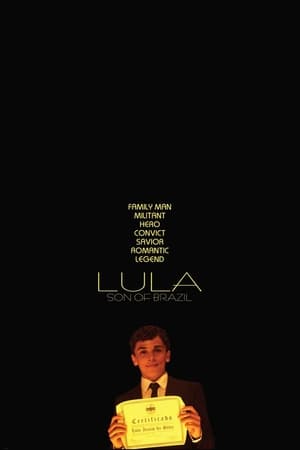 5.5
5.5Lula, the Son of Brazil(pt)
The true story of a working class boy who moves to the nation's financial capital at a young age and becomes one the most influential politicians in Brazilian history.
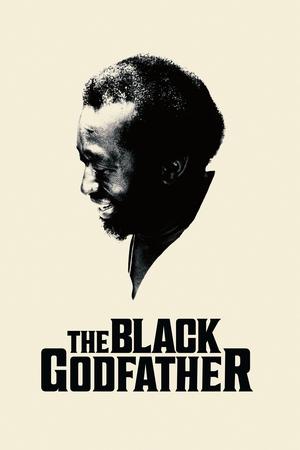 6.9
6.9The Black Godfather(en)
Follows the life of Clarence Avant, the ultimate, uncensored mentor and behind-the-scenes rainmaker in music, film, TV and politics.
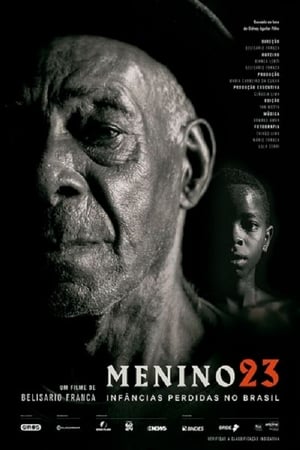 7.7
7.7Boy 23: The Forgotten Boys of Brazil(pt)
The film accompanies the investigation of the historian Sidney Aguilar after the discovery of bricks marked with Nazi swastikas in the interior of São Paulo. They then discover a horrifying fact that during the 1930s, fifty black and mullato boys were taken from an orphanage in Rio de Janeiro to the farm where the bricks were found. There they were identified by numbers and were submitted to slave labour by a family that was part of the political and economic elite of the country and who did not hide their Nazi sympathizing ideals.
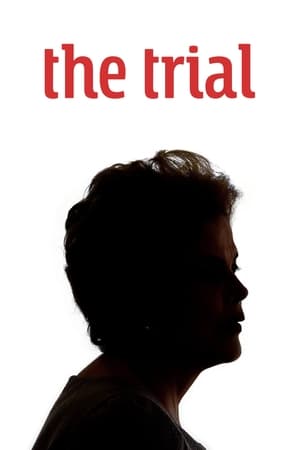 7.5
7.5The Trial(pt)
The impeachment and removal from office of Brazilian President Dilma Rousseff in 2016 was triggered by a corruption scandal involving, among others, her then vice-president Michel Temer. Director Maria Augusta Ramos follows the trial against Rousseff from the point of view of her defence team. This is a courtroom drama that unfolds slowly: the appearances of the various parties gradually turn the proceedings into something akin to theatre. Inside the courtroom, grand emotions are played to full effect whilst, on the other side of the doors, lobbyists and supporters pace the corridors. Meanwhile, outside, in front of Brasília’s modernist government buildings, demonstrators are chanting like a Greek chorus. Only the main character, Rousseff herself, remains professional and aloof.
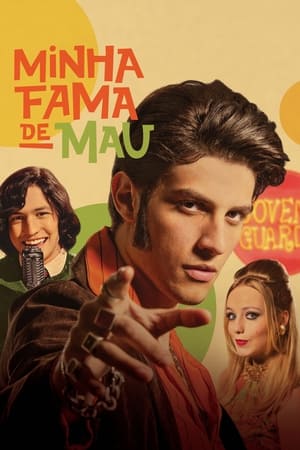 6.4
6.4Minha Fama de Mau(pt)
An emotional dive into the music and life of Erasmo Carlos, from his years as a young rock-and-roller looking for gigs through his enduring musical partnership with Roberto Carlos.
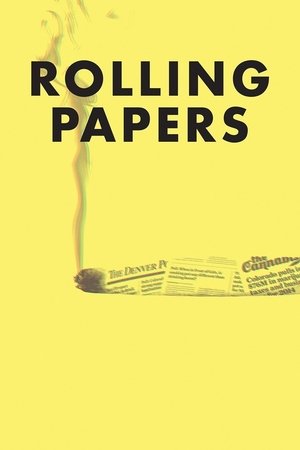 6.0
6.0Rolling Papers(en)
On January 1, 2014, recreational marijuana sales began in Colorado. With all eyes on ground zero of the green rush, The Denver Post became the first major media outlet to embrace it and appointed the world’s first marijuana editor. Legalization is not just an experiment for society, but a risk for the dying industry of newspapers to hedge its bets on the booming business of marijuana. Ricardo Baca sets out to report on history in the making with a team of straight-laced staff writers and fish out of water freelancers in tow for The Cannabist as it unfolds. Policy news, strain reviews, parenting advice and edible recipes are the new norm in the unprecedented world of pot journalism.
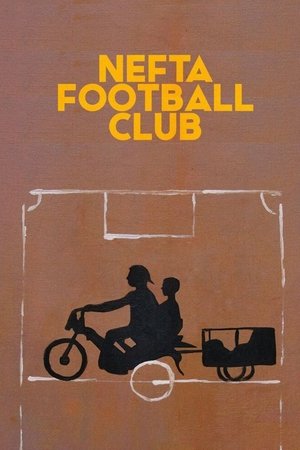 7.2
7.2Nefta Football Club(ar)
In the south of Tunisia, two football fan brothers bump into a donkey lost in the middle of the desert on the border of Algeria. Strangely, the animal wears headphones over its ears.
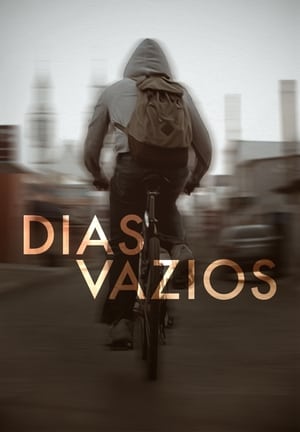 4.3
4.3Empty Days(pt)
"Empty Days" tells the story of a day in the life of Jean and Fabiana, a couple of young boyfriends who try to reinvent their lives in a small town in the Brazilian interior. They are in their senior year of high school and live the old dilemma: either we leave this city or we stay here and continue the history of our parents. At the end of this day Jean commits suicide and Fabiana disappears. Two years later, Daniel and Alanis, another couple of young boyfriends, try to understand how everything happened.
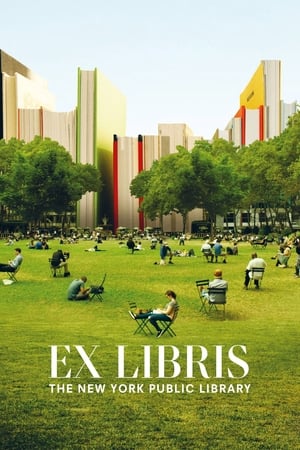 6.4
6.4Ex Libris: The New York Public Library(en)
A documentary about how a dominant cultural and demographic institution both sustains their traditional activities and adapts to the digital revolution.
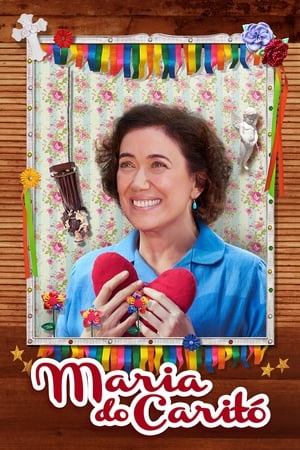 6.9
6.9Maria do Caritó(pt)
Maria, a virgin spinster, is trying magical superstitions to find a husband. In her dialogue with the marriage saint, she implores for a companion. Her father offered her as a bride to Saint Djalminha, if the saint saved her during her complicated birth which ended in the death of her mother. Since then Maria has lived this dilemma: revered and loved by the residents and pilgrims that believe she is a miracle worker; she is desperate to live a great love, with a flesh and blood prospect with real passionate desire. She asks for a sign from the heavens, a clue on how to find a crumb of love when a gypsy arrives on scene saying "someone who loves her very much, but she doesn't know will come from afar on an artists' caravan." Maria can't take the solitude she is living anymore and decides "to find Mr. Right," no matter how much it may cost.
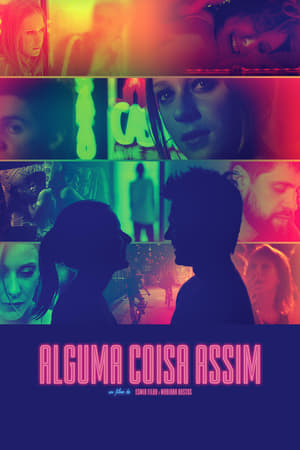 5.7
5.7Something Like That(pt)
Caio and Mari are two young people living in a relationship that goes beyond any definition. Over ten years, the plot transits between three striking moments where their desires conflict and their relationship is put to the test. The film, originated from the short film of the same name in 2006, proposes a reflection on sexuality, labels and how time constructs and transforms relationships.
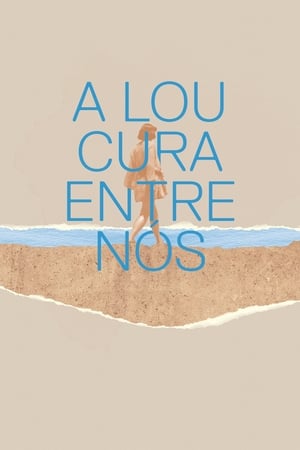 5.6
5.6The Madness Among Us(pt)
Leonor and Elizangela do not appear crazy at first sight in the way that society often imagines. They are victims of violent and uncontrollable seizure, which sometimes result even during filming in forcible confinement. The rest of the time they are endowed with sensitivity and clarity about their condition, which offers anyone who will listen to them the opportunity to familiarize themselves with what madness is, through their words, and also through their tragic and touching destinies.
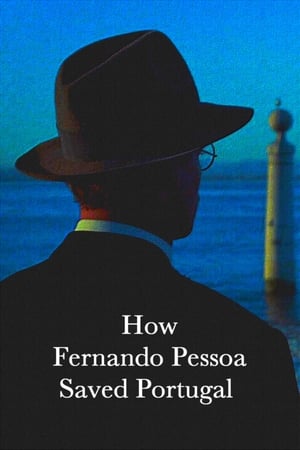 6.4
6.4How Fernando Pessoa Saved Portugal(pt)
Lisbon, Portugal, 1927. The writer and journalist Fernando Pessoa accepts from his boss the commission to create an advertising slogan for the drink Coca-Louca; but conservative government authorities consider the new drink as revolutionary as it is diabolical.
 5.8
5.8Possible Loves(pt)
Fifteen year ago, Carlos went to the cinema to meet Júlia, his university colleague with whom he was in love. She never showed up. Carlos was left waiting in the lobby alone. While he waits, something happens which will change his life. A scene, an encounter, an unfinished sentence... Something insignificant, but which will determine the character's life. Fifteen years later, we follow three completely different versions of Carlos's life. In one, he is a man divided between the stability of a secure life in a lukewarm marriage, and the growing desire to live a great love affair. In the second, he is homosexual and places passion above all else. In the third possible life, Carlos is a man who hasn't yet discovered love, and lives through successive disastrous relationships in search of the perfect woman. One of them is his real life. Another is not his life. And a third is the life he'd like to lead. Which is his true life ?
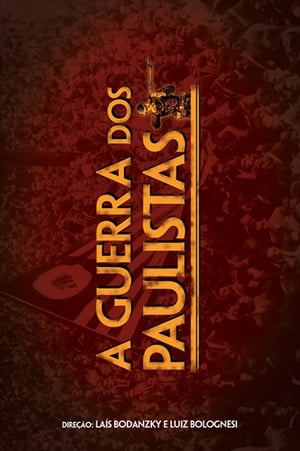 6.0
6.0São Paulo's War(pt)
In 1932, more than two hundred thousand men armed with machine guns, grenades and canons took part in on of the most violent wars in America in the 20th century. Brazilian against Brazilian, in a conflict that involved air raid of big cities – such as Campinas, Santos and São Paulo - and resulted in more than two thousand deaths. Why did this war happen? Who took part in it? What were the details of the conflict? How did the war end? The documentary tells this episode of the country's history, not only grand but also unknown, with an accessible language and an involving rhythm.
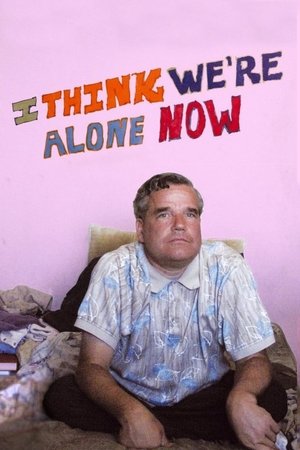 6.5
6.5I Think We're Alone Now(en)
Every celebrity deals with his or her share of obsessed fans. "I Think We're Alone Now" is a documentary that focuses on two individuals, Jeff and Kelly, who claim to be in love with the 80's pop singer Tiffany. Jeff Turner, a 50-year-old man from Santa Cruz, California has attended Tiffany concerts since 1988. Diagnosed with Asperger's syndrome, he never had a girlfriend. Jeff spends his days hanging out on the streets of Santa Cruz, striking up conversations with anyone who has a moment to spare. Kelly McCormick is a 38-year-old hermaphrodite from Denver, Colorado, who claims to have been friends with Tiffany as a teenager. She credits Tiffany as the shining star who has motivated her to do everything in her life. Both Jeff and Kelly have been labeled stalkers by the media and other Tiffany fans. This film takes you inside the lonely lives these two characters, revealing the source of their clinging obsessions...
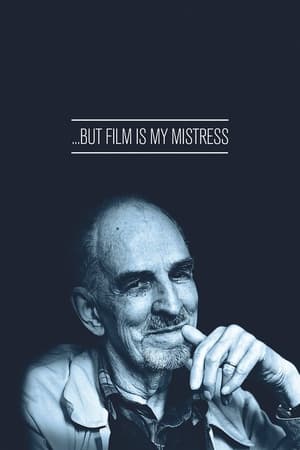 6.2
6.2… But Film Is My Mistress(sv)
Guided by Liv Ullmann and with commentaries from a number of prominent filmmakers for whom Bergman is and remains an important influence - such as Woody Allen, Olivier Assayas, Bernardo Bertolucci, Arnaud Desplechin, John Sayles, Martin Scorsese and Lars von Trier, the film provides a vivid portrait of the artist who in each new project found a challenge for himself and for the people he worked with - both actors and colleagues behind the camera.
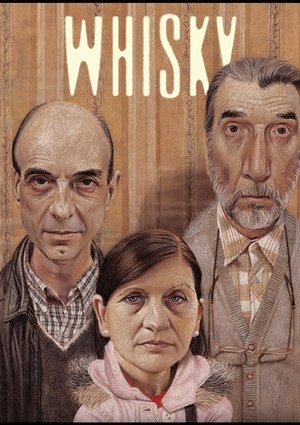 6.9
6.9Whisky(es)
When his long-lost brother resurfaces, Jacobo, desperate to prove his life has added up to something, looks to scrounge up a wife. He turns to Marta, an employee at his sock factory, with whom he has a prickly relationship.
Similar Movies
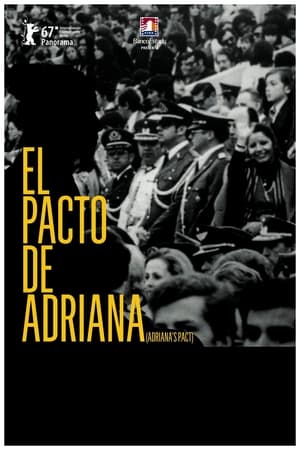 7.2
7.2Adriana's Pact(es)
Lissette's favorite aunt Adriana, who lives in Australia, is arrested in 2007 while visiting her family in Chile and accused of having worked for dictator Pinochet's notorious secret police, the DINA, and of having participated in the commission of state crimes. When Adriana denies these accusations, Lissette begins to investigate her story in order to film a documentary about her.
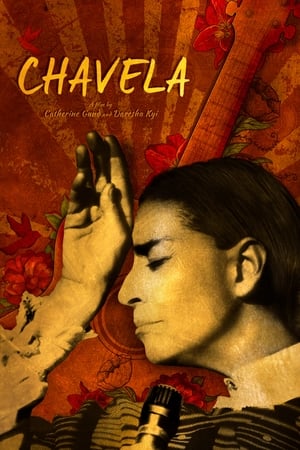 6.9
6.9Chavela(es)
Inspired by an exclusive interview and performance footage of Chavela Vargas shot in 1991 and guided by her unique voice, the film weaves an arresting portrait of a woman who dared to dress, speak, sing, and dream her unique life into being.
 8.3
8.3The Occupation of the American Mind(en)
Over the past few years, Israel's ongoing military occupation of Palestinian territory and repeated invasions of the Gaza strip have triggered a fierce backlash against Israeli policies virtually everywhere in the world—except the United States. This documentary takes an eye-opening look at this critical exception, zeroing in on pro-Israel public relations efforts within the U.S.
 7.5
7.5Microcosmos(fr)
A documentary of insect life in meadows and ponds, using incredible close-ups, slow motion, and time-lapse photography. It includes bees collecting nectar, ladybugs eating mites, snails mating, spiders wrapping their catch, a scarab beetle relentlessly pushing its ball of dung uphill, endless lines of caterpillars, an underwater spider creating an air bubble to live in, and a mosquito hatching.
Crimes of Honour(en)
Throughout the Islamic world, each year hundreds of women are shot, stabbed, strangled or burned to death by male relatives because they are thought to have “dishonoured” their families. They may have lost their virginity, refused an arranged marriage or left an abusive husband. Even if a woman is raped or merely the victim of gossip, she must pay the price. Crimes of Honour documents the terrible reality of femicide – the belief that a girl’s body is the property of the family, and any suggestion of sexual impropriety must be cleansed with her blood. We meet women in hiding from their families, a brother who describes his reasons for killing the sister he loved, and a handful of women who have committed themselves to the protection of young women in danger of losing their lives.
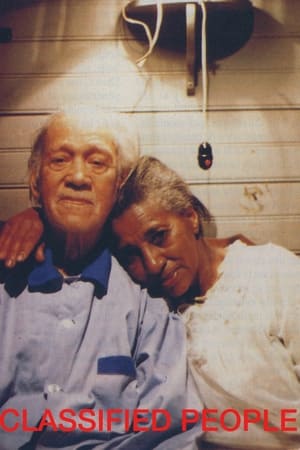 6.5
6.5Classified People(en)
Filmed clandestinely, Zauberman’s extraordinary documentary exposes South Africa’s insidious apartheid policy of “race classification” by focusing on the love affair of Robert and Doris, and unresolvable, moral fissure with Robert’s children and the country. Winner of the Paris Film Festival Grand Prize.
 7.2
7.2Maria Bethânia: Música é Perfume(pt)
Brazilian singer Maria Bethania has a 40-year singing career. A documentary shows her concerts and famous family.
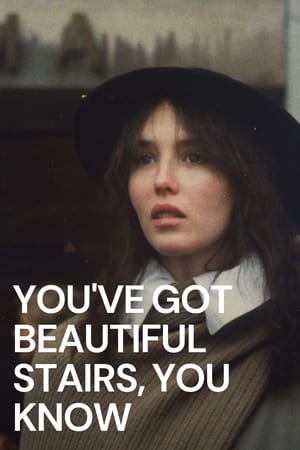 5.9
5.9You've Got Beautiful Stairs, You Know...(fr)
Short directed by Agnès Varda in 1986 on the occasion of the 50th anniversary of the French Cinematheque, presenting a contrast between the famous stairs from the place along with classic film images also revolving around stairs.
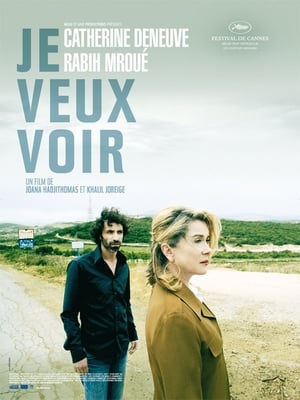 5.7
5.7I Want to See(fr)
July 2006. Another war breaks out in Lebanon. The directors decide to follow a movie star, Catherine Deneuve and a friend, actor and artist Rabih Mroue;, on the roads of South Lebanon. Together, they will drive through the regions devastated by the conflict. It is the beginning of an unpredictable, unexpected adventure...
 4.9
4.9Visions of Europe(en)
Twenty-five films from twenty-five European countries by twenty-five European directors.
 5.0
5.0What the #$*! Do We (K)now!?(en)
Amanda is a divorced woman who makes a living as a photographer. During the Fall of the year Amanda begins to see the world in new and different ways when she begins to question her role in life, her relationships with her career and men and what it all means. As the layers to her everyday experiences fall away insertions in the story with scientists, and philosophers and religious leaders impart information directly to an off-screen interviewer about academic issues, and Amanda begins to understand the basis to the quantum world beneath. During her epiphany as she considers the Great Questions raised by the host of inserted thinkers, she slowly comprehends the various inspirations and begins to see the world in a new way.
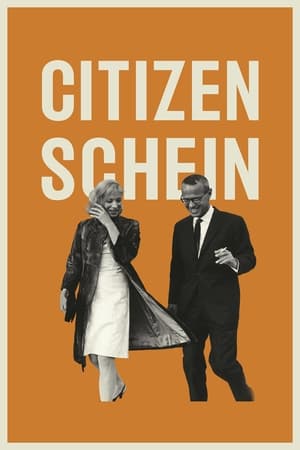 6.0
6.0Citizen Schein(sv)
Harry Schein was an anomaly in Swedish cultural society. Equal parts playboy, intellectual, and political visionary, his life story could very well be the foundation of a Hollywood film. Citizen Schein is a film about a refugee who refused to look back, a film about powerful men, and the myths that fuel them.
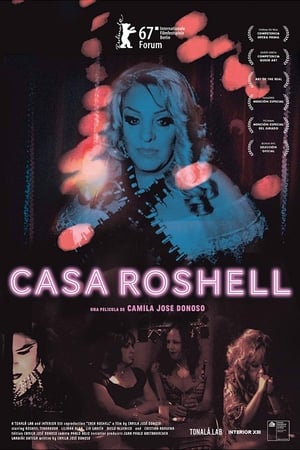 4.5
4.5Casa Roshell(es)
You’d never know this is your home away from home. The surveillance camera outside shows a drab reception area and an unremarkable street in Mexico City; inside, the lights flash, but the tables are empty. Yet preparations are soon underway and fixed categories cease to apply: stubble is removed, make-up applied and strands of hair are teased into place; the camera is trained not on the men themselves, but what they see in the mirror.
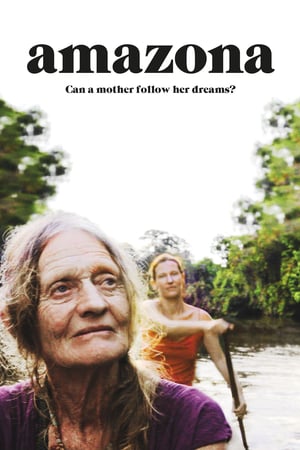 7.1
7.1Amazona(es)
This is the story of Val and Clare: a mother and a daughter. After the tragic death of her eldest daughter, Val left her kids and family behind and escaped into the Colombian jungle in order to search for her identity. Clare was only 11 years old when her mother left and couldn't understand what she was looking for. A son who became an addict, three break-ups and a fractured family remained behind. Now Clare is pregnant and decides to confront her mother, heal the wounds of the past and try to define motherhood on her own terms. Together they go on an intimate journey exploring the boundaries between responsibility and freedom, the power of love and the meaning of family.
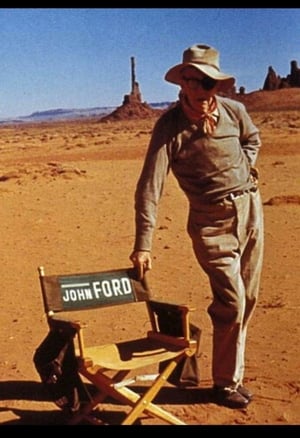 1.0
1.0John Ford & Monument Valley(en)
John Wayne, Henry Fonda and James Stewart discuss working with John Ford
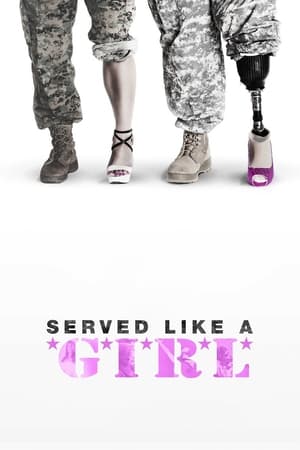 5.6
5.6Served Like a Girl(en)
Five women veterans who have endured unimaginable trauma in service create a shared sisterhood to help the rising number of stranded homeless women veterans by entering a competition that unexpectedly catalyzes moving events in their own lives.
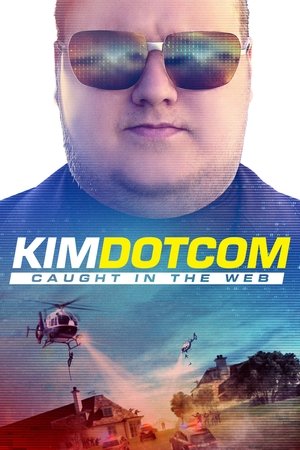 6.6
6.6Kim Dotcom: Caught in the Web(en)
The larger-than-life story of Kim Dotcom, the 'most wanted man online', is extraordinary enough, but the battle between Dotcom and the US Government and entertainment industry—being fought in New Zealand—is one that goes to the heart of ownership, privacy and piracy in the digital age.
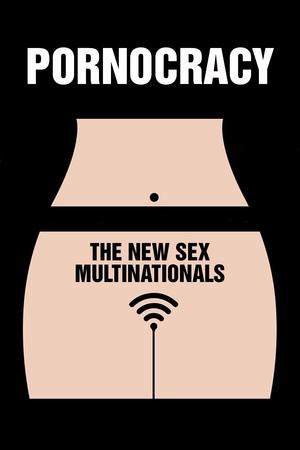 6.7
6.7Pornocracy: The New Sex Multinationals(fr)
Never before have we watched as much porn as today yet the traditional porn industry is dying. The arrival of web sites showing amateur clips has transformed the way porn is made and consumed. Behind this transformation lies one opaque multinational.
